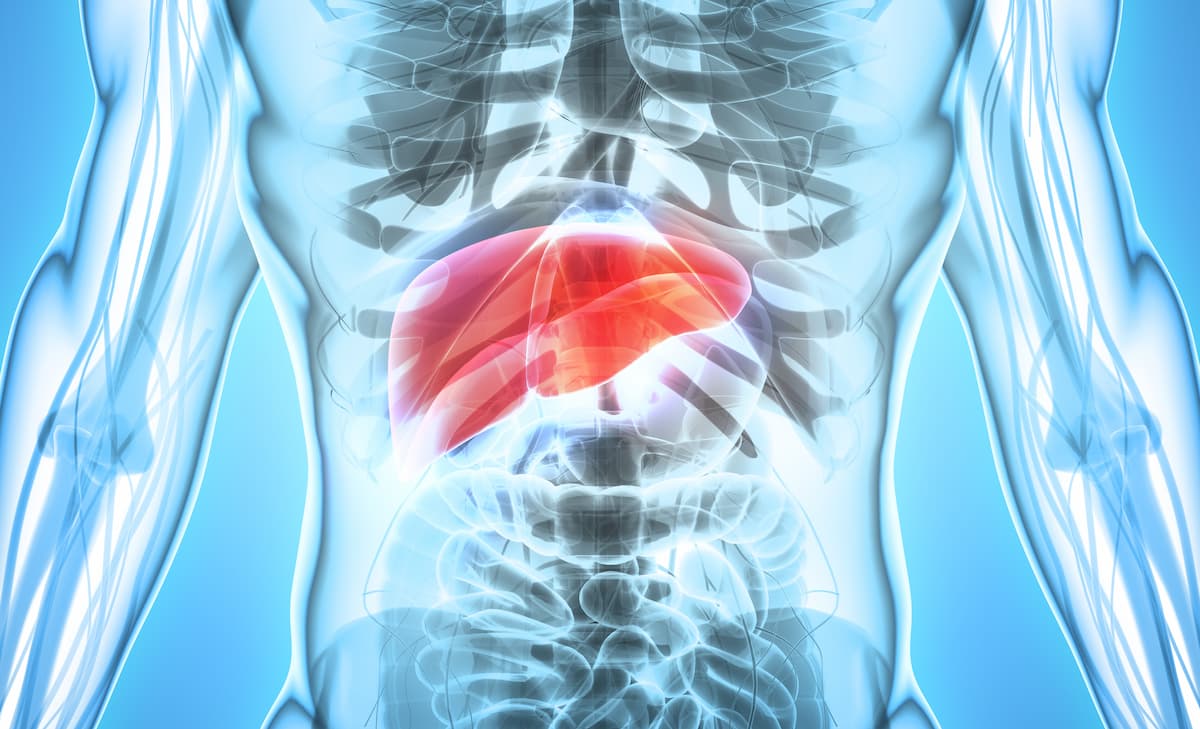
Ghassan K. Abou-Alfa, MD, Discusses Next Steps in Researching Unresectable HCC

Future research into the management of unresectable hepatocellular carcinoma may involve combining local therapies with checkpoint inhibitors like durvalumab and tremelimumab, according to Ghassan K. Abou-Alda, MD.
Ghassan K. Abou Alfa, MD, an attending physician at Memorial Sloan Kettering Cancer Center, spoke with CancerNetwork® after the
Transcript:
We need to cure [HCC] and we still have ways to go. No question that I humbly and proudly have witnessed this disease start from a median survival of barely 3 months, and worked through different studies at Memorial Sloan Kettering for the last 22 years, and look where we are: We're talking about a mean survival of close to 16.5 months or more. There is no doubt that we are on the right track, but of course, we want more. Why do we need more? We owe our patients that and promise them that. Will there be further advancement of the use of checkpoint inhibitors in a more advanced way? Absolutely. Is it also possible to consider local therapy married with the use of the checkpoint inhibitors? By all means, yes. To that extent, our current study, which is already open in some parts of the world will actually combine chemoembolization for local therapy plus the use of durvalumab and tremelimumab, as we just mentioned.
Reference
Imjudo (tremelimumab) in combination with Imfinzi approved in the US for patients with unresectable liver cancer. News Release. AstraZeneca. October 24, 2022. Accessed October 31, 2022. https://bit.ly/3Fbwx1w
Newsletter
Stay up to date on recent advances in the multidisciplinary approach to cancer.





































